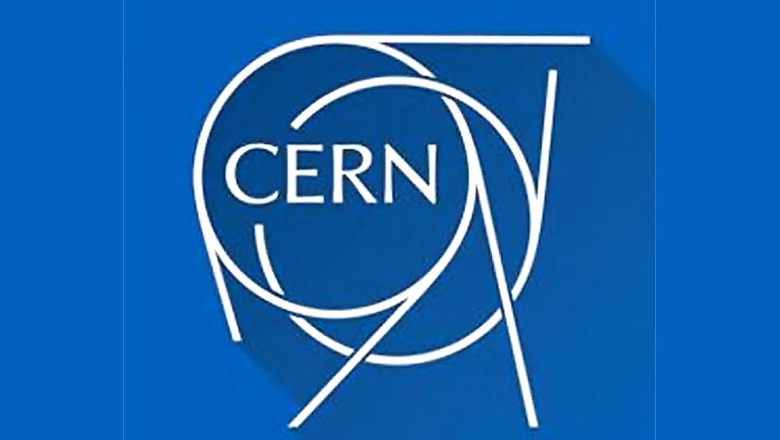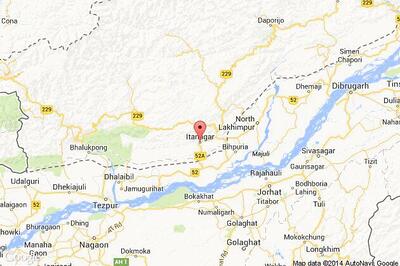
views
Mumbai: India on Monday became an associate member of the European Organisation for Nuclear Research (CERN), the world's largest nuclear and particle physics laboratory.
The agreement was signed on Monday by Sekhar Basu, Chairman of Atomic Energy Commission and Secretary of Department of Atomic Energy (DAE), and CERN Director General Dr Fabiola Gianotti at the DAE's office here.
Last year, the Union Cabinet green-lit the proposal for India officially entering the Geneva-based body, following which the CERN Council accepted India as an associate member.
India had 'observer' status till September this year, when the CERN Council adopted a resolution upgrading its position.
"There are three major activities going on in our laboratory-- accelerators, detectors and computing. Indian scientist fraternity is good at all the three areas; hence we have taken decision to upgrade the status," Gianotti told reporters here.
Becoming associate member of CERN will enhance participation of young scientists and engineers in various CERN projects.
It will also open opportunities for Indian industries to participate directly in CERN projects, Gianotti said.
The industries now can directly bag contracts for specified requirements of CERN. Earlier, the supply of required material, components and services was in the form of kind (without any charge).
Now, the companies can directly bag the order and provide the services, she added.
After becoming a associate member, India also has to contribute a certain amount of money for research activities.
"This would involve annual contribution of 11.5 million swiss frank from Indian government to CERN," Gianotti said.
The membership comes at a time when there was criticism within the scientific community over the delay in India
accepting the membership. Pakistan became an associate member of the body in 2014.
The organisation is the world's largest nuclear and particle physics laboratory, where scientists and engineers are probing the fundamental structure of the Universe using the most sophisticated scientific instruments and advanced computing systems.
Presently CERN has 22 member states, four associate member states, and the observer status is given to four states and three International Organisations.
"We already have met some industries in Bengaluru and talks were more related to computing. We will explore more in India and what can be contributing to CERN," said Gianotti.




















Comments
0 comment